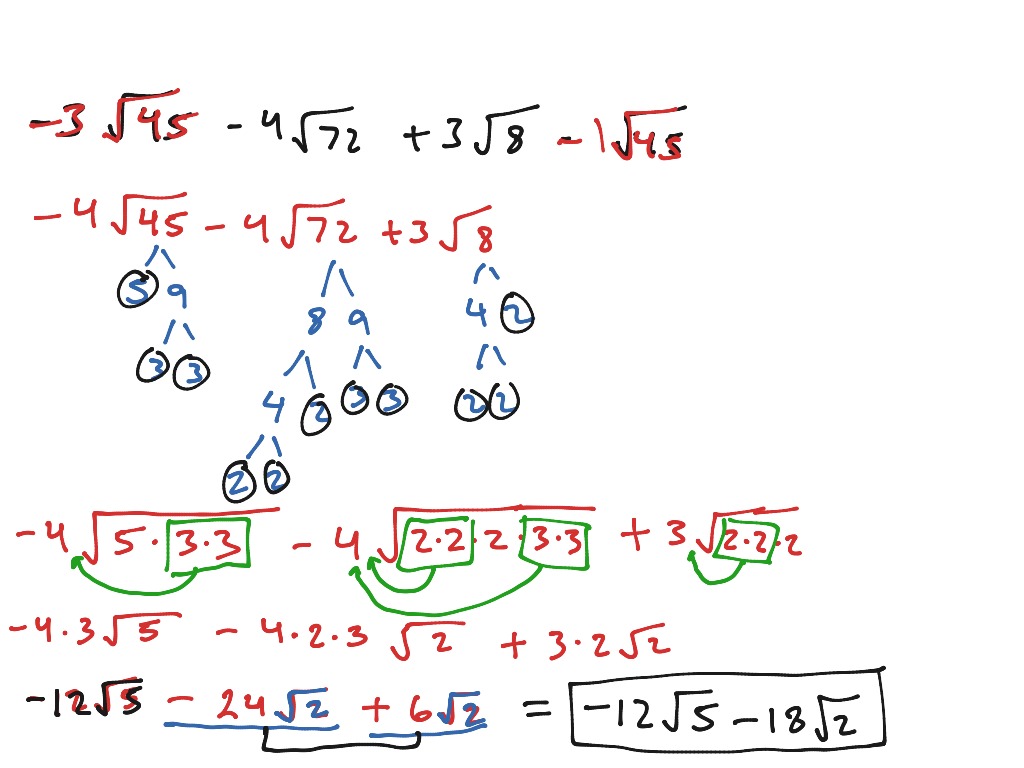
While most of the detail of how these components work is best left to computer builders, it helps to have some terminology so we can talk about these different parts as we write our programs.Īs a programmer, your job is to use and orchestrate each of these resources to solve the problem that you need to solve and analyze the data you get from the solution. So in a sense, the network is a slower and at times unreliable form of Secondary Memory. We can think of the network as a very slow place to store and retrieve data that might not always be “up”. These days, most computers also have a Network Connection to retrieve information over a network.They are all of the ways we interact with the computer. The Input and Output Devices are simply our screen, keyboard, mouse, microphone, speaker, touchpad, etc.
#MATH ILLUSTRATIONS HOW TO DO BOLD IN EXPRESSIONS PORTABLE#
Examples of secondary memory are disk drives or flash memory (typically found in USB sticks and portable music players).

The advantage of the secondary memory is that it can store information even when there is no power to the computer.


The Main Memory is used to store information that the CPU needs in a hurry.The Central Processing Unit (or CPU) is the part of the computer that is built to be obsessed with “what is next?” If your computer is rated at 3.0 Gigahertz, it means that the CPU will ask “What next?” three billion times per second.The high-level definitions of these parts are as follows: Figure 10: Computer Hardware Architecture


 0 kommentar(er)
0 kommentar(er)
